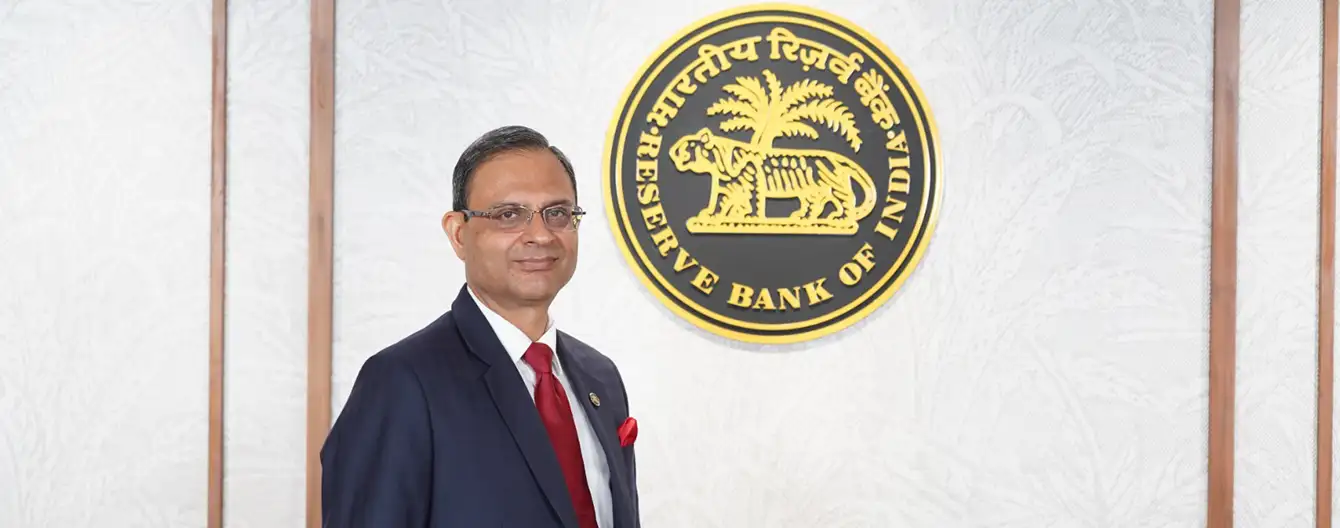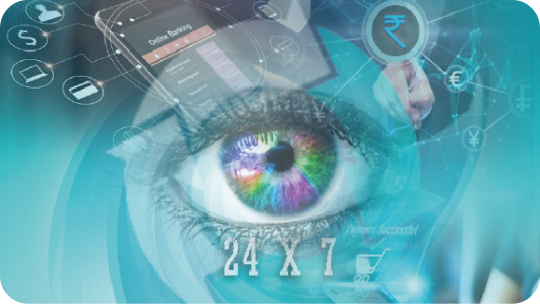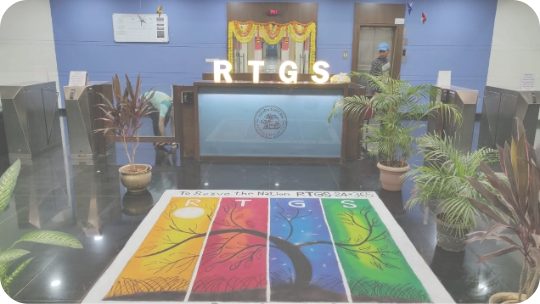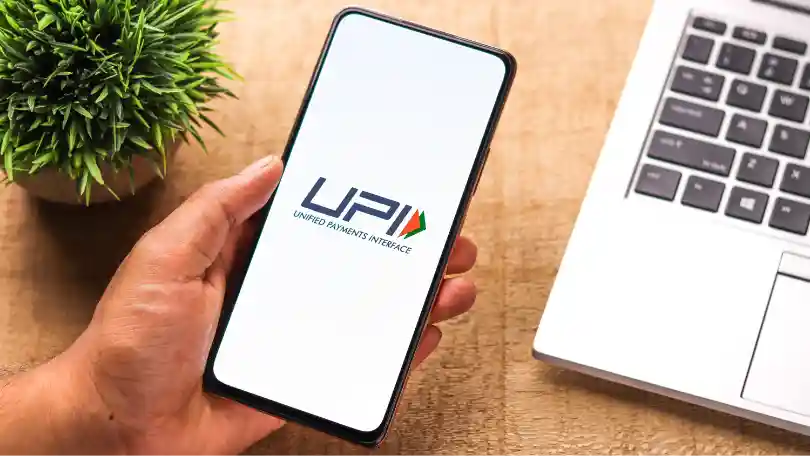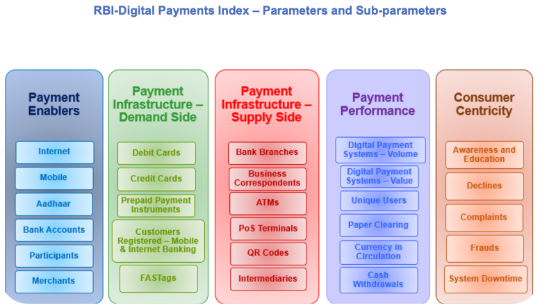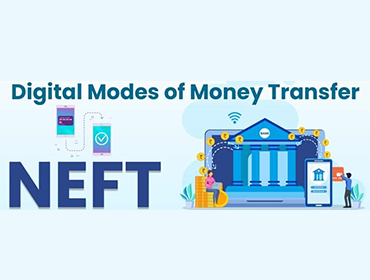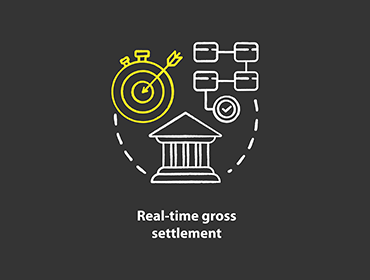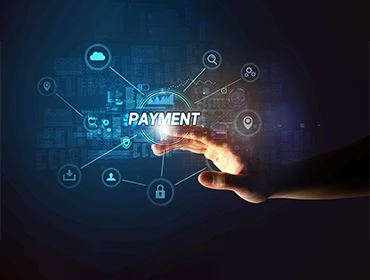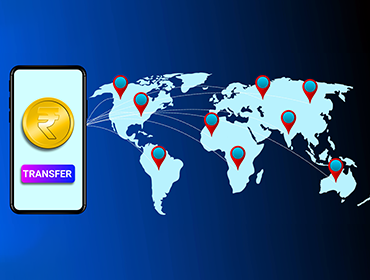Clearing Corporation of India Limited (CCIL)
CCIL was set up in April 2001 by banks, financial institutions and primary dealers, to function as an industry service organisation for clearing and settlement of trades in money market, government securities and foreign exchange markets.
The Clearing Corporation plays the crucial role of a Central Counter Party (CCP) in the government securities, USD–INR forex exchange (both spot and forward segments) and Triparty Repo markets. CCIL plays the role of a central counterparty whereby, the contract between buyer and seller gets replaced by two new contracts - between CCIL and each of the two parties. This process is known as ‘Novation’. Through novation, the counterparty credit risk between the buyer and seller is eliminated with CCIL subsuming all counterparty and credit risks. In order to minimise these risks, that it exposes itself to, CCIL follows specific risk management practices which are as per international best practices. In addition to the guaranteed settlement, CCIL also provides non-guaranteed settlement services for rupee derivatives such as Interest Rate Swaps.
CCIL is also providing a reporting platform and acts as a trade repository (CCIL-TR) for Over the Counter (OTC) products. Legal Entity Identifier India Ltd., is a wholly owned subsidiary of CCIL, acting as a Local Operating Unit for issuing Legal Entity Identifiers (LEI) in India.
Both CCIL and CCIL-TR are recognised as financial market infrastructures. CCIL is granted the status of a Qualified Central Counterparty (QCCP) and is subjected, on an on-going basis, to rules and regulations that are consistent with the Principles for Financial Market Infrastructures (PFMIs) issued by the Committee on Payment and Settlement Systems (CPSS) and International Organisation of Securities Commissions (IOSCO).
Mobile Banking Services
Mobile phones, as a medium for extending banking services, have attained greater significance because of their ubiquitous nature. Banks which are licensed, supervised and having physical presence in India, are permitted to offer mobile banking services (through SMS, USSD or mobile banking application) after obtaining necessary permission from Reserve Bank of India and are to be made available to bank customers irrespective of the mobile network. ‘Mobile Banking transaction’ means undertaking banking transactions using mobile phones by bank customers that involve accessing / credit / debit to their accounts and / or, debit / credit cards issued as per the extant RBI guidelines.
Bharat Bill Payment System
Bharat Bill Payment System (BBPS) is an integrated bill payment system that offers interoperable and accessible bill payment services with a single brand image, providing convenience of ‘anytime anywhere’ bill payment to customers. BBPS facilitates collection of repetitive (monthly, bi-monthly, quarterly etc.) payments for everyday utility services provided by utility service providers in categories like electricity, telecom, DTH, gas, water bills, etc. and also other repetitive payments like insurance premium, mutual funds, school fees, institution fees, credit cards, fastag recharge, local taxes, housing society payments, etc., at one single window. BBPS transaction can be initiated through multiple payment channels like, internet banking, mobile banking, PoS (Point of Sale terminal), mobile wallets, kiosk, ATM, bank branch, agents and business correspondents. BBPS facilitates various payment modes viz, cards (credit, debit and prepaid), NEFT, UPI, wallets, Aadhaar based payments and cash. Mobile prepaid recharges was permitted as a biller category to facilitate the customers with more options to recharge.
The participants in the BBPS include authorised entities, such as, the Bharat Bill Payment Central Unit (BBPCU), the Bharat Bill Payment Operating Units (BBPOUs) as well as their agents, payment gateways, banks, billers and service providers, and other entities, including authorised prepaid payment instrument issuers, as required under the BBPS. National Payments Corporation of India (NPCI) is the only entity authorised by RBI as BBPCU and it sets necessary operational, technical and business standards for the entire system and its participants, and also undertakes clearing and settlement activities. BBPOUs are RBI authorised operational units working in adherence to the standards set by the BBPCU.
Trade Receivables Discounting System
Trade Receivables Discounting System (TReDS) is a scheme for setting up and operating institutional mechanism for facilitating the financing of trade receivables of MSMEs from corporate and other buyers, including Government Departments and Public Sector Undertakings (PSUs), through multiple financiers. TReDS facilitate the discounting of both invoices as well as bills of exchange. Further, as the underlying entities are the same (MSMEs and corporate and other buyers, including Government Departments and PSUs), the TReDS deals with both, receivables factoring as well as reverse factoring, so that higher transaction volumes can come into the system and facilitate better pricing. The transactions processed under TReDS are ‘without recourse’ to the MSMEs.
Payment Aggregators/Gateways
Payment Aggregators (PAs) are entities that facilitate e-commerce sites and merchants to accept various payment instruments from the customers for completion of their payment obligations without the need for merchants to create a separate payment integration system of their own. PAs facilitate merchants to connect with acquirers. In the process, they receive payments from customers, pool and transfer them on to the merchants after a time period. Non-bank entities which want to offer services as Payment Aggregators need to apply for authorisation from the RBI under the PSS Act.
Payment Gateways are entities that provide technology infrastructure to route and facilitate processing of an online payment transaction without any involvement in handling of funds. Payment Gateways shall be considered as ‘technology providers’ or ‘outsourcing partners’ of banks or non-banks, as the case may be.
Framework for small value payments in Offline mode
An offline payment means a transaction which does not require internet or telecom connectivity to take effect. Transactions up to Rs.200 were allowed to be undertaken by Reserve Bank in offline mode. Lack of internet connectivity or low speed of internet, especially in remote areas, is a major impediment in adoption of digital payments. Against this backdrop, providing an option of off-line payments through cards, wallets and mobile devices is expected to further the adoption of digital payments.
Digital Payment options for feature phone users (UPI 123Pay)
UPI 123PAY is an instant payment system for feature phone users who can use Unified Payments Interface (UPI) payment service in a safe and secure manner. The users will be able to undertake a host of transactions based on four technology alternatives including- IVR (interactive voice response) number, missed call-based approach, through functionality implemented by Original Equipment Manufacturer (OEM) in feature phones and proximity sound-based technology. This will bring non-smartphone users under the digital payment system and is expected to benefit more than 40 crore feature phone users in the country and enable them to undertake digital payments in a secure and convenient manner.
24*7 Helpline for digital payments (DigiSaathi)
DigiSaathi is an automated 24x7 response system that helps customers in addressing their queries related to debit and credit cards, UPI, NEFT, RTGS, IMPS, PPI wallets, ATM, and mobile and net banking, among others. DigiSaathi is available to customers via website & chatbot facility at www.digisaathi.info, through toll-free calls - 14431 & 1800 891 3333 and on WhatsApp by messaging on +91-892-8913333
Others
Apart from the above, there are payment systems like Cross border Money Transfer - in-bound only, Instant Money Transfer, operated by various authorised payment system operators (PSOs). Reserve Bank has authorised National Payments Corporation of India (NPCI) to function as a Retail Payments Organisation and it operates payment systems like, National Financial Switch (NFS), Immediate Payment System (IMPS), Aadhaar Enabled Payments System (AEPS), Unified Payments Interface (UPI) and National Electronic Toll Collection (NETC).







